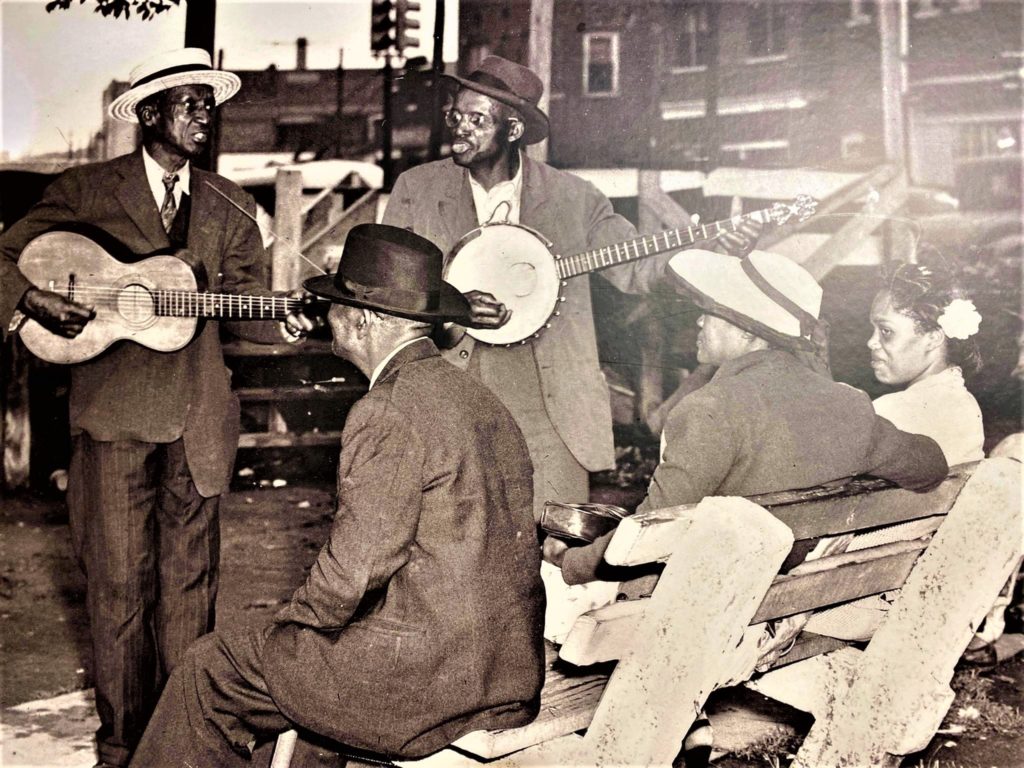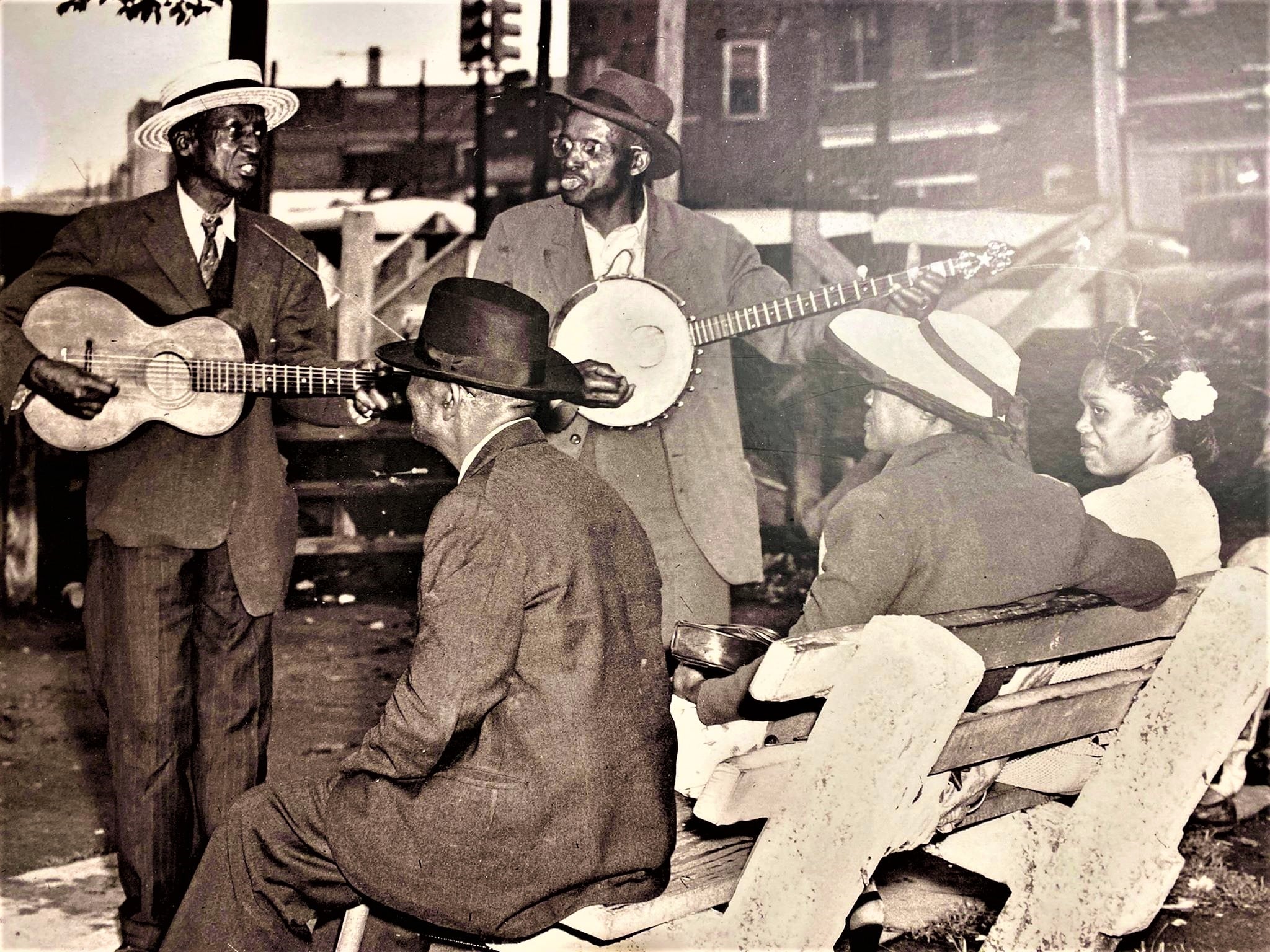The banjo is a unique instrument with a rich history, particularly in American folk music. While the exact origins of the banjo are unclear, it is believed to have been brought to the United States by enslaved Africans in the 17th century. Over time, the banjo evolved into a distinctively American instrument, popularized in genres like bluegrass, country, and folk music. There have been many banjo legends and pioneers over the years.

Earliest Banjo Players
When discussing the earliest banjo players, it’s important to note that the banjo was primarily played by enslaved Africans in the early days of its history in the United States. In fact, many of the earliest recorded banjo players were enslaved people who were forced to play the instrument for their owners’ entertainment.
One of the earliest recorded banjo players was Gus Cannon, a black musician who was born in 1883. Cannon is best known for his work with the Memphis Jug Band, a group that blended traditional African American music with elements of blues and jazz. Cannon played the banjo in a unique style that involved striking the strings with his thumb and two fingers, a technique that became known as “three-finger style” and was later popularized by bluegrass musicians like Earl Scruggs.
Another early banjo player was Joel Walker Sweeney, a white musician who is often credited with popularizing the banjo in the United States in the 19th century. Sweeney was born in 1810 and began playing the banjo at a young age. He traveled extensively throughout the United States and Europe, performing and teaching others to play the banjo. Sweeney is also credited with introducing the fifth string to the banjo, a feature that is now considered standard on most banjos.
Other early banjo players include Uncle Dave Macon, a white musician who was born in 1870 and played a key role in popularizing the banjo in early country music, and Charlie Poole, a white musician who was born in 1892 and is known for his innovative and influential banjo playing style.
It’s important to note that while these early banjo players helped shape the instrument’s history, they were all products of their time and the social and cultural norms of the era. In particular, many early banjo players were influenced by the racist and discriminatory attitudes of their society, which often led to the appropriation and erasure of African American contributions to the development of the banjo.
Despite these challenges, the banjo continued to evolve and thrive as an instrument, and its legacy lives on today. From traditional folk music to modern genres like indie rock and hip hop, the banjo continues to captivate audiences with its unique sound and rich history.
In conclusion, the earliest banjo players were primarily enslaved Africans who were forced to play the instrument for their owners’ entertainment. However, as the banjo evolved and became more popular, musicians of all backgrounds began to embrace the instrument and develop their own unique playing styles. Today, the banjo remains an important part of American music history, and its influence can be heard in countless genres and styles.
More Banjo Articles
Origins and History of the Banjo
Clawhammer vs. Scruggs Banjo: A Beginner’s Guide to Choosing the Right Style

